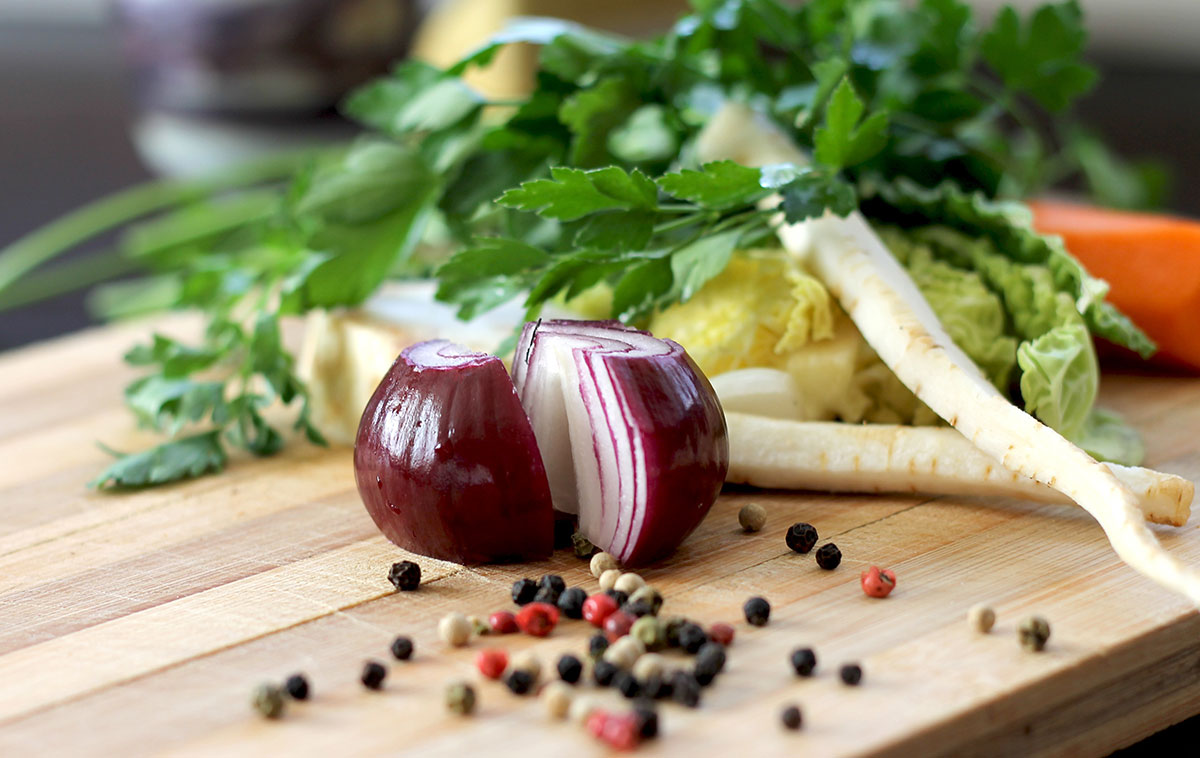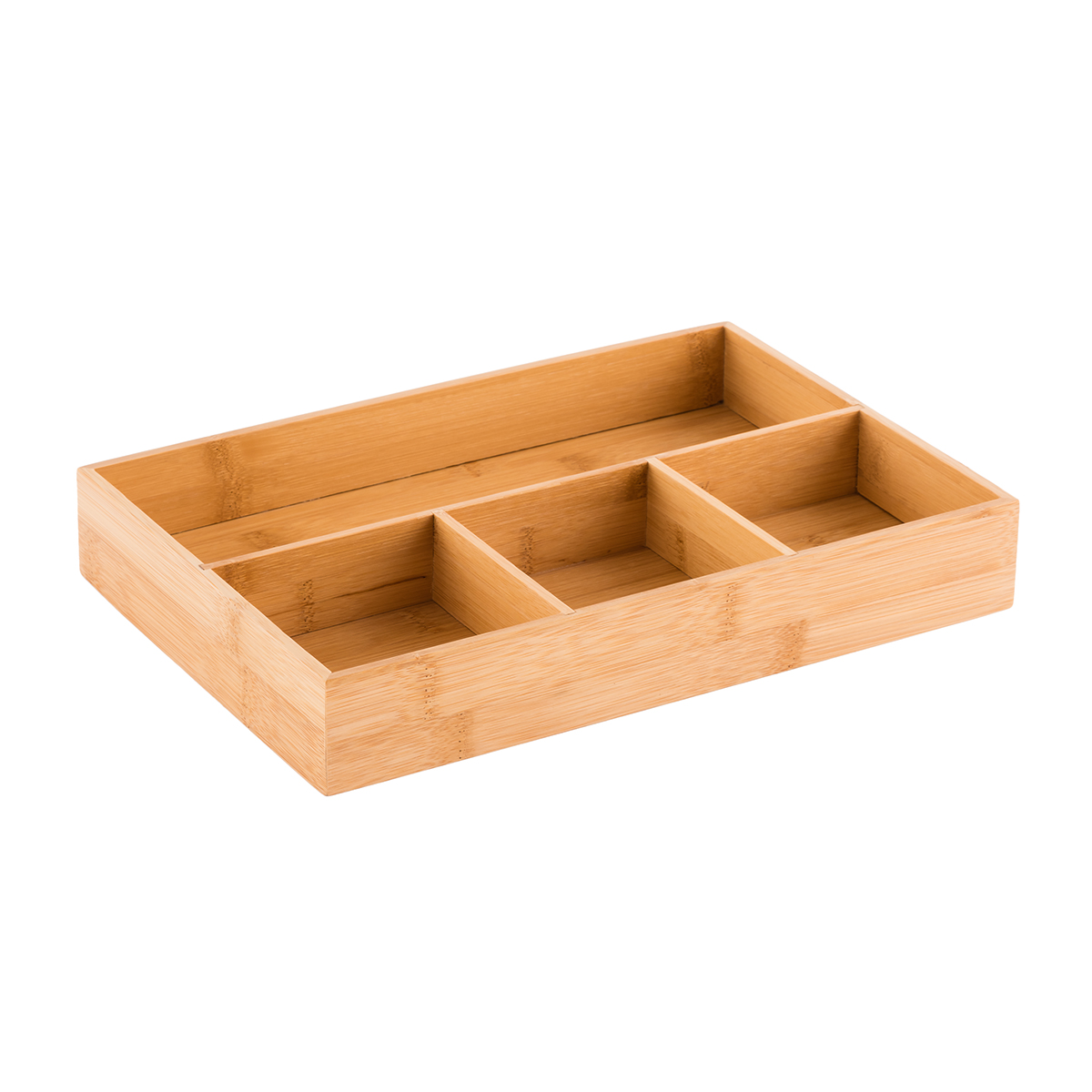“There is nothing in your fridge!” is a line I often hear from anyone who opens my refrigerator for the first time.
That shocked statement is false, though. There isn’t nothing in my fridge; there is enough.
A simple, clean, sparse refrigerator is an organized, happy one.
I go grocery shopping once a week and only buy a week’s worth of groceries (however, I have items like condiments, butter, oatmeal, eggs, soup, and rice that often last more than a week). I buy the same categories of items every week: 2 different types of vegetables (whatever is in season, so Brussels sprouts and potatoes in winter, broccoli in the spring and summer), 2 types of fruit (oranges in winter, apples in fall, berries in the summer), 1 type of meat (chicken year round, bison burgers in the summer), whole milk, half and half, sparkling water (although, not so much anymore), spinach and romaine for salad, lunch meat and cheese, cereal for my husband, and the makings of the week’s lunch/dinner (like beans for chili).
I might buy a loaf of organic sour dough bread, but that can last weeks, like eggs and oatmeal.
I also buy one or two dessert items, like a box of cookies or a bag of chocolates.
I make all of my lunches for the week on Sunday, and then the week’s dinners consist of two or three options (maybe meat and roasted veggies; chili; pasta).
We eat everything I buy, which means food doesn’t rot, so we don’t waste food or money.
Because I only buy what we need and we don’t have abundance, we don’t over eat. We don’t ever say, “There’s nothing to eat!” because we can see every food item.
In contrast, when our refrigerators and freezers are packed with food, we can’t even see the food we do have, throw our hands in the air, and run out to spend money on unhealthy food.
Weekly buying only what you need saves you time, money, and keeps you eating healthy food.
-
Time: you only shop once a week. You can only make so many meals with your options, and having fewer options means you don’t have to waste time trying to decide what to eat.
-
Money: you eat what you have and don’t purchase new food until you completely run out, so your food doesn’t rot—you get your money’s worth.
-
Healthy: you don’t overeat because you ration out food for each meal; you don’t become frustrated with too many choices and run out to purchase a meal.




